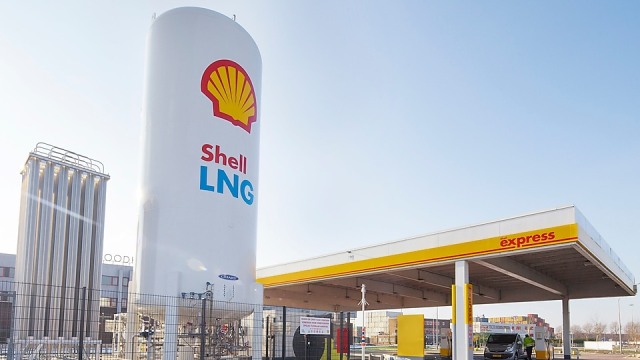Shell Deutschland has reached an agreement with Alcmene, a part of the Liwathon Group, for selling its non-operated 37.5 percent stake in the Germany PCK Schwedt Refinery.
The divestment is part of Shell’s strategy to reduce its refinery footprint to core sites integrated with the company’s trading hubs, chemicals plants and marketing businesses.
“This is yet another milestone in our journey towards a reduced refining portfolio,” said Robin Mooldijk, Shell’s EVP for Manufacturing. “This sale supports the shift of Shell’s refining portfolio which includes the development of the high-value Energy & Chemicals Park Rheinland.”
Germany remains a key country to realise Shell’s powering progress strategy goal of achieving net-zero emissions, purposefully and profitably. This sale does not impact any of Shell’s other interests or activities in the country.
The transaction is expected to close in the second half of 2021, subject to partner rights and regulatory approval.
Located 120 km Northeast of Berlin, Germany, the PCK refinery processes approximately 220,000 barrels of crude oil per day.
Shell is divesting its shares in this non-operated venture and, as a result, Shell employees will not be materially impacted.
PCK is independently managed. The other shareholders who have pre-emption rights in the joint venture are: Rosneft 54.17 percent and Eni 8.33 percent.
Liwathon Group is a privately owned energy holding company. Alcmene GmbH will provide energy and commodities trading from its headquarters in Vienna, Austria.
The hydrocarbon inventory will be valued at closing based on actual volumes and prevailing market prices. Assuming current market prices, historic inventory volumes and normal operating conditions, the current value of the hydrocarbon inventory would range between $150 to $250 million.
Shell plans to concentrate its refining portfolio to a smaller set of core sites that are integrated with Chemicals and Trading. These locations will integrate the benefits of conventional fuels and chemicals production while also offering new low carbon fuels and performance chemicals. They also offer future potential hubs for sequestration.

